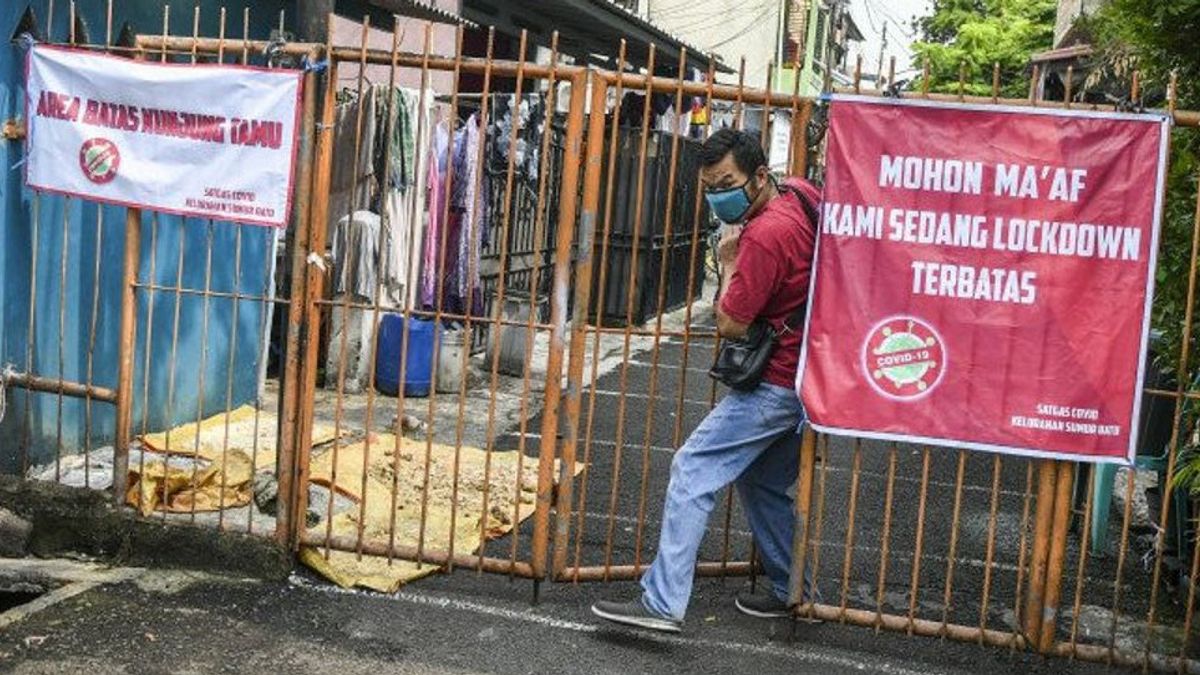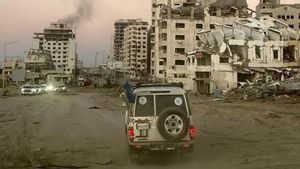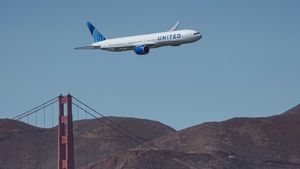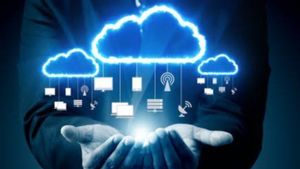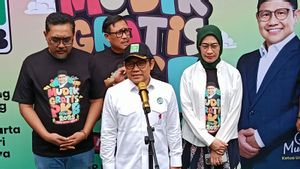JAKARTA - President Jokowi established the Emergency PPKM scheme as the latest policy to control the pandemic. Emergency PPKM will take effect from 3 to 20 July 2021. This step needs to be supported no matter what. But there are some things we need to pay attention to about the vulnerability of our public rights.
Emergency PPKM applies throughout Java and Bali. In its implementation, the Emergency PPKM will be led by the Coordinating Minister for Maritime Affairs and Investment Luhut Binsar Panjaitan. As described in the Bernas article entitled Differences between Micro PPKM and Emergency PPKM, the restrictions will be more stringent.

The following are the complete rules for the Java-Bali emergency PPKM:
1. 100 percent work from home for non-essential sector offices
2. All teaching and learning activities are carried out online (online)
3. For essential sector offices, a maximum of 50 percent of work from office (WFO) employees are applied with a health protocol and for critical sectors a maximum of 100 percent of WFO employees are allowed with a health protocol.
The essential sectors include finance and banking, capital markets, payment systems, information and communication technology, non-COVID-19 quarantine handling hotels, and export-oriented industries. The coverage of critical sectors is energy, health, security, logistics and transportation, food, beverage and supporting industries, petrochemicals, cement, national vital objects, disaster management, national strategic projects, construction, basic utilities (such as electricity and water), and fulfillment industries. basic daily needs of the community. Supermarkets, traditional markets, grocery stores, and supermarkets selling daily necessities are limited to operating hours until 20:00 local time with a capacity of 50 percent of visitors. Pharmacies and drug stores can be fully open for 24 hours.4. Shopping centers/malls/trade centers are closed.
5. The implementation of eating/drinking activities in public places (restaurants, restaurants, cafes, street vendors, hawker stalls), both those located in separate locations and those located in shopping centers/malls only accept delivery/take away and do not accept meals on the spot (dine-in).
6. The implementation of construction activities (construction sites and project sites) operates 100 percent by implementing stricter health protocols
7. Places of worship (mosques, prayer rooms, churches, temples, monasteries and pagodas, as well as other public places that function as places of worship) are temporarily closed.
8. Public facilities (public areas, public parks, public tourist attractions and other public areas) are temporarily closed.
9. Art/cultural, sports and social activities (locations of arts, culture, sports facilities, and social activities that can cause crowds and crowds) are temporarily closed.
10. Public transportation (public vehicles, mass transportation, taxis (conventional and online) and rental/rental vehicles) is enforced with a maximum capacity setting of 70 percent by implementing stricter health protocols.
11. The wedding reception is attended by a maximum of 30 people by implementing stricter health protocols and not eating at the reception. Provision of food is only allowed in a closed place and to take home.
12. Domestic travelers using long-distance transportation modes (airplanes, buses, and trains) must show a vaccine card (at least dose I vaccine) and H-2 PCR for airplanes and antigen (H-1) for other long-distance transportation modes .
13. Masks are still worn when carrying out activities outside the home. It is not permitted to use a face shield without the use of a mask.
14. The implementation of micro PPKM in RT/RW red zones is still in effect.
Government prepares social assistance
Luhut Binsar Panjaitan who led the implementation of Emergency PPKM said the government had prepared social assistance (bansos) in implementing this policy. However, Luhut did not specify the details of the social assistance. What is the amount, what is the scheme, who is eligible?
What is clear, it feels strict supervision needs to be done. According to VOI records, in the 2021 State Budget, the government has budgeted social assistance funds of Rp. 148 trillion. The funds are included in the national economic recovery scheme (PEN).
However, at least until June 18, the realization of the social assistance budget only reached 64.9 trillion or 43.8 percent of the budget ceiling provided by the government. For PEN funds alone, this year the government has budgeted Rp699.4 trillion. The funds are dispersed into five strategic sectors, including social protection.
Furthermore, Luhut asked all parties to support this policy. Luhut believes that the Emergency PPKM this time can have a more significant impact than the previous ones, including in efforts to recover the economy.
"Economic recovery has already occurred in mid-2021, so if an observer says this as soon as I want to meet him, come to me because we have the data," said Luhut.
Public rights that are vulnerable to being violated
There are at least four public rights that need to be considered because they are most vulnerable to being violated in this restrictive situation. Yes, public rights or our own rights, which need to be considered at least by ourselves.
Amnesty International Indonesia's Media and Campaign Manager Nurina Savitri explained that the first is the right to health. This is the most vulnerable in the midst of the fragile health system in this country.
"Residents in Papua, for example, have the same rights as residents in Jakarta to access health care," he told VOI, Thursday, July 1.
Second, the right to access information. This is related to government transparency in implementing policies. "People have a right to know that we're not doing well."

"And there are consequences of rights violations that can occur. And this should not be covered up. This is closely related to the principle of policy transparency."
Third, the right to work and the right to work. Restrictions on activities have the potential to violate workers' rights. Who feels burdened with longer working hours during WFH? Or about health workers who sometimes have to work beyond their own capacity?
"Restriction conditions have the potential to reduce the rights of those who work in non-essential sectors. On the other hand, those who work in essential sectors also have the potential to have their rights violated. For example, health workers."
Fourth, the right to housing, water and sanitation. Fifth, the right to freedom of opinion and expression. The pandemic will provoke a lot of public reactions, especially regarding the handling policies by the government.
"Society should not be silenced or oppressed just for expressing their criticism of the handling of the pandemic."
*Read other information about COVID-19 or read other interesting articles from Andry Winanto, Diah Ayu Wardani and Yudhistira Mahabharata.
Other BERNASThe English, Chinese, Japanese, Arabic, and French versions are automatically generated by the AI. So there may still be inaccuracies in translating, please always see Indonesian as our main language. (system supported by DigitalSiber.id)
